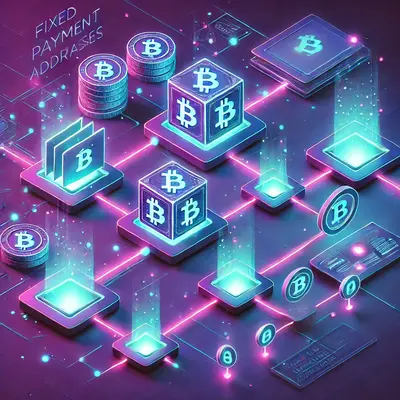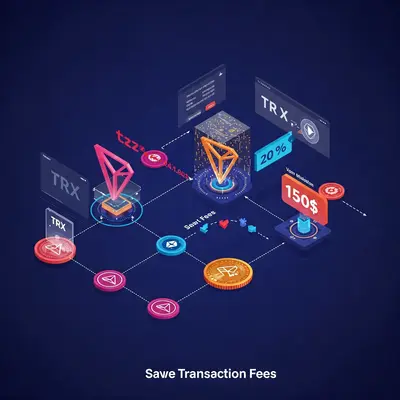Blog Post
Read our latest blog posts and stay updated with the latest trends and insights in the blockchain industry.
Explore a wide range of topics and discover valuable information that can help you enhance your knowledge and skills.


By Chaingateway
Mar 25, 2022
Ethereum used to be the most popular smart contracts platform on the planet, and the go-to choice of most blockchain developers. However, competitive solutions like Tron and Binance Smart Chain are becoming more and more appreciated, and many new projects decide to use these networks to launch their tokens. But what exactly is the difference between Tron, Binance Smart Chain and Ethereum?
Tron, Binance Smart Chain and Ethereum have one important similarity: they all utilize the Solidity programming language, which means that it’s generally quite easy for developers to migrate their projects between these blockchains.
However, there are also some very significant differences. Most importantly, Ethereum utilizes the Proof of Work (PoW) algorithm, while Tron and Binance Smart Chain are built with the Proof of Stake (PoS) algorithm.
Proof of Work is the original blockchain algorithm made popular by Bitcoin. While it is very secure and decentralized, it has a major disadvantage: it consumes massive amounts of electric energy, which makes it bad for the environment. Proof of Stake doesn’t require lots of energy, which means that Tron and Binance Smart Chain are much more eco-friendly than Ethereum.
When it comes to efficiency, Ethereum is able to process around 15 transactions per second. This means that the average transaction time is about 5 minutes, but transactions can be much slower in times of peak traffic, when the network is congested.
Both Tron and Binance Smart Chain are much more efficient than that. Binance Smart Chain is able to process 100, and Tron up to 1,000 transactions per second. In case of both of these blockchain networks, processing transactions usually takes less than 1 minute, with Tron being slightly faster than Binance Smart chain.
Transaction fees are one of the biggest differences between Ethereum, Tron and Binance Smart Chain.
Unfortunately, Ethereum is currently notorious for massively high transaction fees. The average fee is around $15, but during the times of high network traffic the fees can get much higher than that – sometimes sending an ETH transaction will cost you over $100!
Compared to that, both Binance Smart Chain and Tron are much more efficient. The average transaction fee for Binance Smart Chain is just $0.01. Tron is even better – the TRX transaction fees are so close to zero that some people even say that Tron has practically no fees.
When it comes to functionality and use cases, Ethereum, Binance Smart Chain and Tron are quite similar. All of these three blockchains have smart contracts functionality, which means that they can do much more than just enable you to send and receive cryptocurrency transactions.
Ethereum, Tron and Binance Smart Chain all support advanced blockchain features such as DeFi and NFTs. The main difference between these three is their efficiency – thanks to utilizing the Proof of Stake algorithm, Binance Smart Chain and Tron both have much lower fees and transaction times than Ethereum.
No matter which Blockchain you decide for, our API allows you to work with each of them in an easy way.
Enter your email to receive our latest newsletter.
Don't worry, we don't spam

chaingateway

chaingateway

chaingateway
Learn the key differences between TRC10 and TRC20 token standards on the Tron Network, including technical features and cost considerations.
This blog post explains what Tron fees are, why they matter, and how they work on the Tron blockchain network.